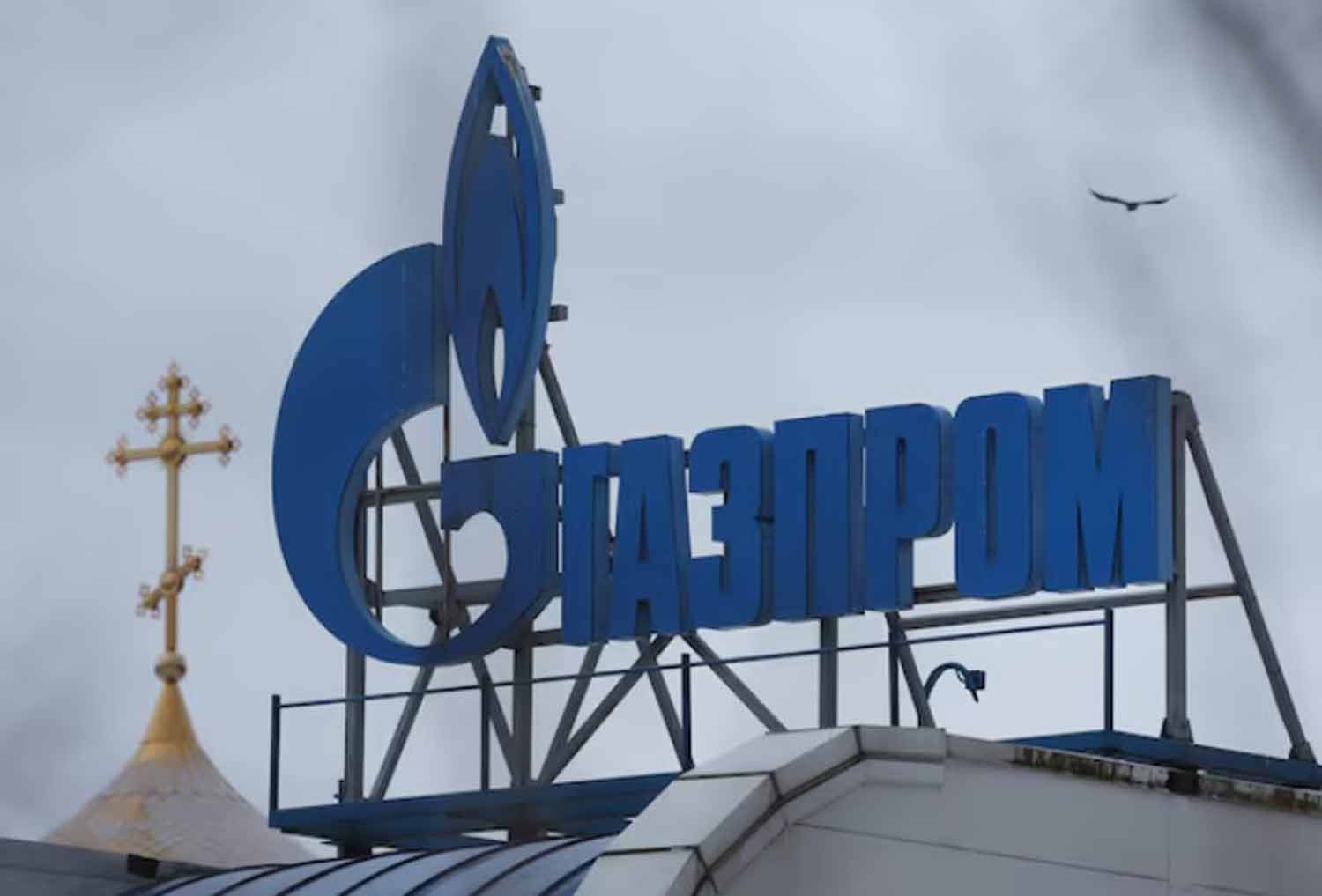Russian gas deliveries to Europe through Ukraine are scheduled to cease on New Year’s Day, marking the end of Moscow’s extended influence over the European gas market. The oldest gas export route from Russia to Europe, a pipeline established during the Soviet era, is expected to close by the end of 2024 as a five-year transit agreement between Russia and Ukraine comes to an end. Data from Ukraine’s gas transit operator indicated on Tuesday that Russia had not made any requests for gas shipments on January 1.
Following the onset of the war in Ukraine in February 2022, the European Union significantly decreased its reliance on Russian gas by exploring alternative energy sources. Remaining purchasers of Russian gas, including Slovakia and Austria, have secured substitute supplies, and analysts predict that the cessation of gas flows will have a negligible impact on the market. European benchmark gas prices were recorded at 48.50 euros per megawatt hour on Tuesday, showing only a slight increase from the opening trade.
However, the halt in gas supplies will carry substantial geopolitical implications. Since the invasion of Ukraine, Moscow has lost its significant share of gas exports to EU countries to competitors such as the United States, Qatar, and Norway, prompting the EU to further reduce its dependence on Russian gas. Once the leading global gas exporter, state-owned Gazprom reported a $7 billion loss in 2023, marking its first annual deficit since 1999.
The cessation of affordable Russian gas supplies has significantly impacted Europe’s economy, leading to a pronounced slowdown, increased inflation, and a deepening cost-of-living crisis. Although Europe has swiftly sought alternative energy sources, the absence of Russian gas has intensified longstanding worries regarding its diminishing global competitiveness, particularly concerning the future of Germany’s industrial sector.
EFFECTS OF THE UKRAINE CONFLICT
For decades, Russia and the Soviet Union established a substantial presence in the European gas market, which peaked at approximately 35%. However, the ongoing war in Ukraine has nearly obliterated Gazprom’s business in this sector.
Most gas routes from Russia to Europe are now closed, including the Yamal-Europe pipeline through Belarus and the Nord Stream pipeline under the Baltic Sea, which was damaged in 2022. The Soviet-era pipeline that runs through Ukraine transports gas from Siberia, passing through Sudzha—currently under Ukrainian control—before continuing into Slovakia, where it branches off to the Czech Republic and Austria. Ukraine has declined to negotiate a new transit agreement.
As a result, Ukraine is forfeiting around $800 million annually in transit fees from Russia, while Gazprom is projected to lose nearly $5 billion in gas sales to Europe through Ukraine. The termination of the transit agreement is not expected to trigger a repeat of the gas price surge seen in the EU in 2022, as the remaining gas volumes are relatively minor. In 2023, Russia exported approximately 15 billion cubic meters (bcm) of gas via Ukraine, accounting for only 8% of the peak Russian gas flows to Europe recorded in 2018-2019.
On Tuesday, Gazprom reported it would deliver 37.2 million cubic meters, down from 42.4 million cubic meters on Monday. Subsequently, Ukraine’s gas transit operator indicated that as of 1500 GMT, Russia had not scheduled any gas flows for January 1 through the Ukrainian pipeline to Europe. The suspension of supplies through Ukraine will significantly affect Moldova, a nation that was formerly part of the Soviet Union.
Hungary and several other nations are still importing Russian gas through the TurkStream pipeline, which runs beneath the Black Sea. Despite this, Hungary has expressed a strong interest in maintaining the supply route through Ukraine as well.
Discover more from Defence Talks | Defense News Hub, Military Updates, Security Insights
Subscribe to get the latest posts sent to your email.





